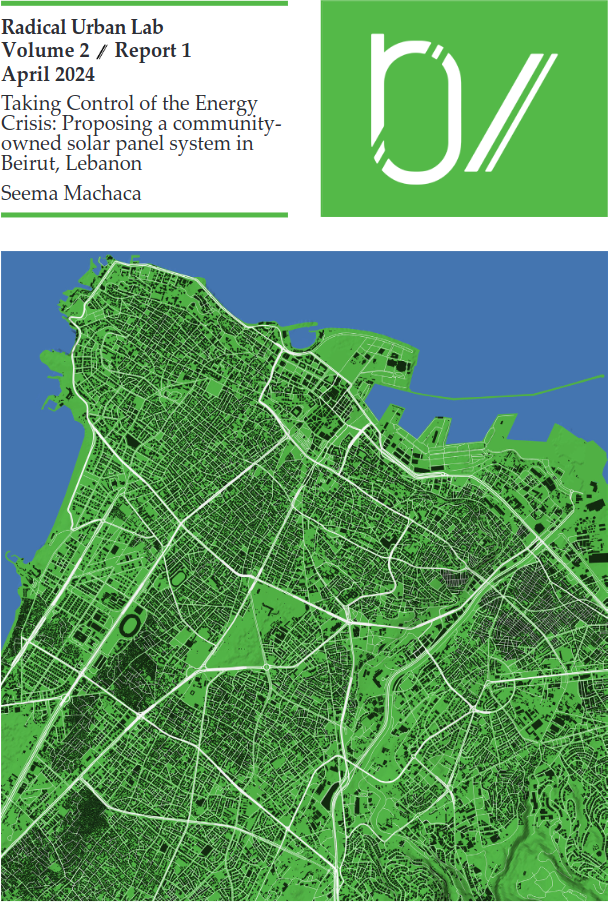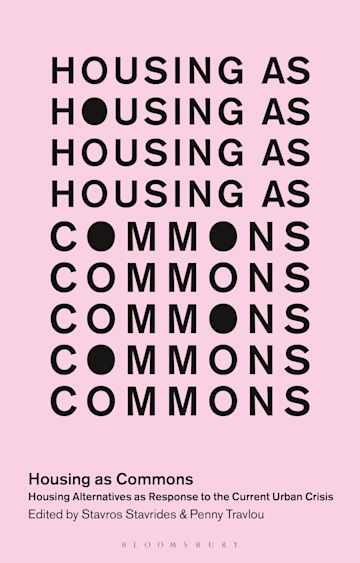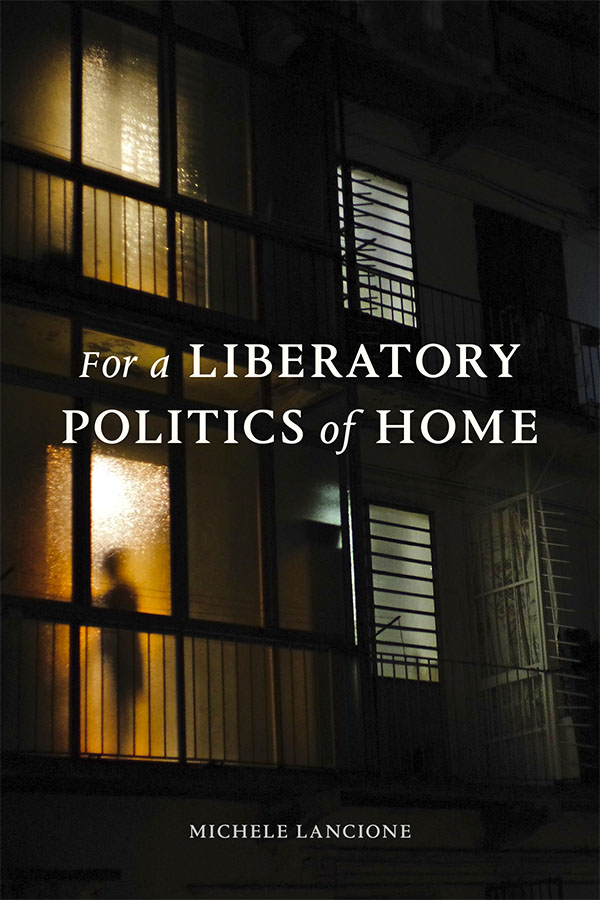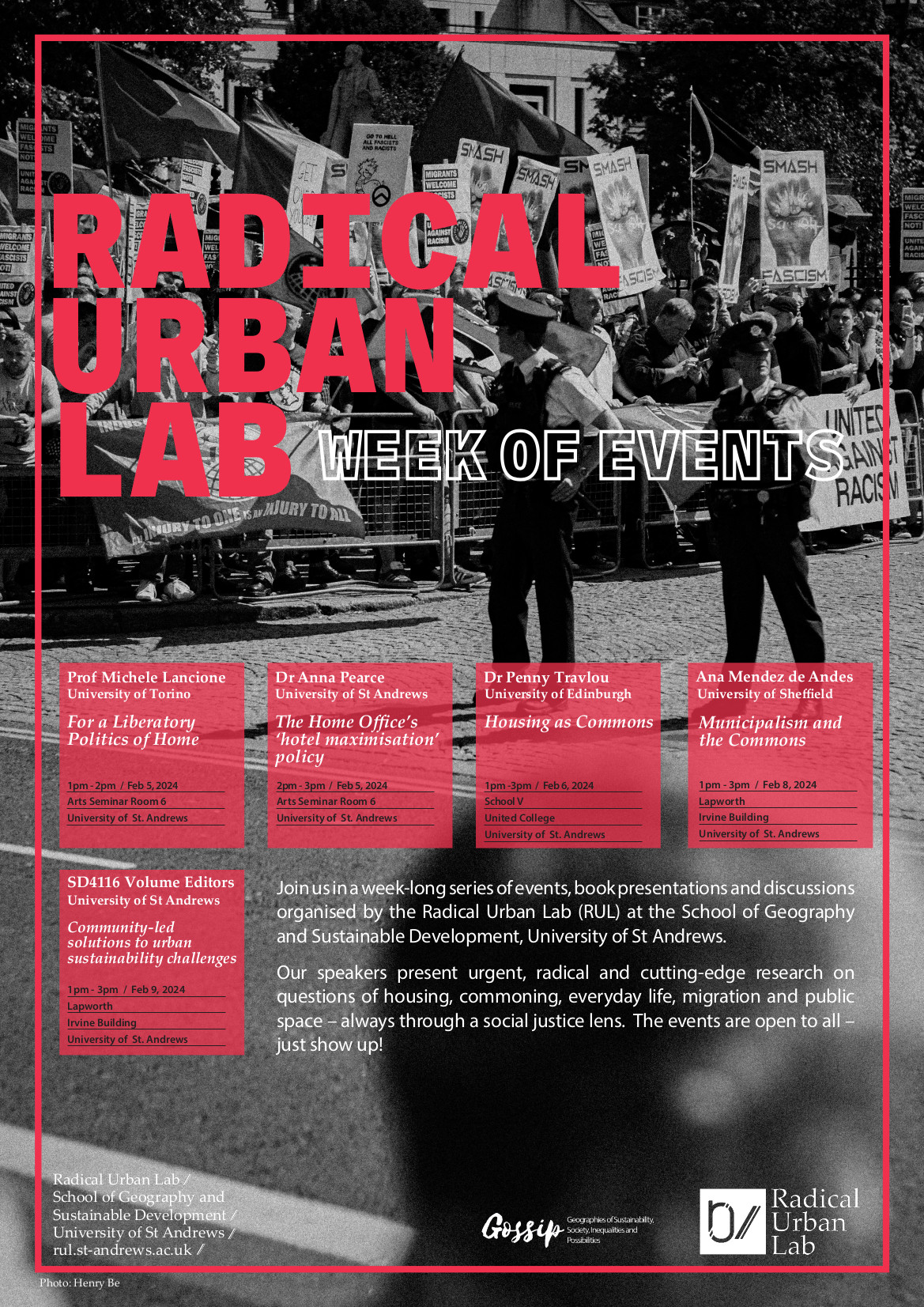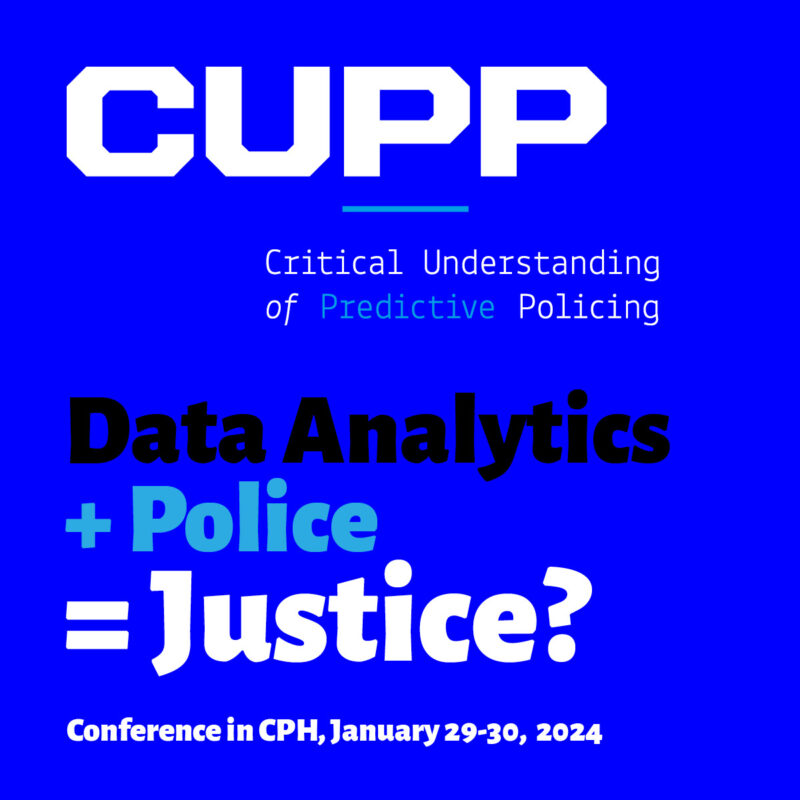The Discreet Charm of Prediction: Critical Understandings of the Digitalization of Policing
Over the past 20 years, police organizations and practices across the globe have adopted data-driven tools to predict and prevent crime (Ferguson, 2017; Brayne, 2021). In this conference, we will focus on the digital transformations within the police that have both inspired and engendered new sociotechnical imaginaries that either promise efficiency and security (Schafer, 2007) or stress the potential risks for mass surveillance and algorithmic bias (Egbert, 2019; Harcourt, 2007).
The discreet charm of prediction, in terms of increased efficiency, reduced fiscal burdens, improved accuracy of decision-making, streamlined data management, and lower crime rates, has thus been met with skepticism, significant critique, and even warnings of dystopia. The global rise of predictive policing methods is an example of the charm so far, yet its more recent fall is meanwhile indicative of the skepticism with which it has been met.
The overall goal of this conference is to better understand what law enforcement and predictive policing have become today, with the ongoing digital transformation and platformization of key functions of the police organization.
New concepts and the future of policing
A whole host of new concepts have arisen and needs discussion, such as smart policing (Coldren, Huntoon, & Medaris, 2013), intelligence-led policing (Ratcliffe, 2016), foresight or precision policing (Bratton & Anderson, 2018) – all of them to varying degrees seeking to reconceptualize the use of data analytics in the wake of societal critique of predictive policing elements. At the same time, there is a renewed interdisciplinary interest in improving the accuracy of said prediction by training data and introducing algorithms in experimental ways. To follow the future of policing, we need to understand where the trajectory of these concepts, imaginaries, and practices is now heading.
– During the conference, we will take stock of new digitalization strategies within the police and research that conceptually and empirically approach and problematize the diverse social consequences of the digitalization of policing.
– We invite multidisciplinary contributions that critically examine the move from analogue to digital policing systems, highlighting how the procurement and implementation of data-driven processes and big data impact legal, institutional, organizational, and public understandings, implementations, and executions of law enforcement.
Technopolitics within and beyond police authorities
Focusing on (predictive) software and big data also raises questions about the integration, use, and storage of data by the police. In other words, the conference also aspires to problematize the continuing platformization of police work (Egbert, 2019), i.e., software that structures, processes, and visualizes available data to facilitate criminological knowledge production. Said platforms spur controversies and raise not only societal, ethical, and legal challenges but also perform sociotechnical ontologies, such as shifts in policing practices as well as state-citizen relationships. In that manner, digital police platforms or similar software become gatekeepers to networked ecosystems (Plantin et al., 2019) involved in law enforcement and police practices raising issues of access to data, privacy, and transparency. This involvement occurs in novel ways that exceed previous models of public-private partnerships and thus creates new challenges for social justice, democracy, accountability, data ownership, agency, and, of course, law enforcement.
We are interested in how digital tools transform police work. Rather than understanding the police as a homogeneous institution, we aim to capture multiplicity and techno-politics within and beyond police authorities. Digital tools that bear potential for organizational changes and new managerial strategies (Gundhus et al., 2021) are under critical scrutiny. We propose to focus on the police not just as a law enforcement agency but as a giant administrative techno-political apparatus that has become increasingly digitalized. The conference also aims to critically investigate how power relations are reproduced, materialized, or disrupted by the affordances of predictive software within the police. This requires examining the underlying assumptions and values built into predictive police software and their impact on marginalized communities and individuals by drawing interpretive tools from interdisciplinary approaches that combine insights from the social sciences, humanities, data science, and critical theory.
The conference asks:
– To what degree and in what ways does digital software replace or shape police discretionary power?
– What challenges does the deployment of digital policing tools pose concerning their democratic governance and legal regulation?
– How does the digitalization and automation of police work change the state-civilian relationship?
– How do bias, power, security, and safety co-exist with algorithmic governance structures and predictive tools?
Combining well-known conference formats like paper presentations and roundtable debates with workshops and citizen involvement, the conference will articulate in the broadest possible sense what digitalization does to law enforcement – and vice versa.
Dates: January 29-30, 2024
Venue: IT University of Copenhagen, Rued Langaards Vej 7, 2300 Copenhagen, Denmark
Type of conference: in person
Keynote speakers:
– Sarah Brayne, Associate Professor of Sociology at The University of Texas at Austin, US, and author of Predict and Surveil: Data, Discretion, and the Future of Policing.
– Simon Egbert, Postdoc researcher at Faculty of Sociology of Bielefeld University, Germany, and author of Criminal Futures: Predictive Policing and Everyday Police Work.
Suggested (but not exhaustive) list of topics
– Meaning and manifestation of prediction in policing
– Law enforcement platformization
– Demoing and prototyping of police software
– Transparency of digital police infrastructures
– Lived experiences of digitalized police systems
– Bias management and auditing in digitalized police systems
– Fundamental rights in digitalized policing
– Privacy in data-driven policing
– Public-private partnerships in law enforcement
Types of presentations
• Researchers: Contributors may apply with proposals for either a single author or multiple-author presentations.
• Practitioners: Citizen rights networks, NGOs etc. may apply to present relevant findings or concerns from their practical engagements.
The conference language is English. All presentations should run for a maximum of 15’ and must be based on original research.
Host: The Critical Understanding of Predictive Policing project (CUPP) – https://cuppresearch.info/
The CUPP project critically engages with the implications of new technologies and advanced data analysis in relation to police work. We examine the social, cultural, and political dimensions of said work, and include the diverse perspectives of relevant stakeholders, within and much beyond the police force.
CUPP brings transparency to the critical investigation of innovative data-driven police practices: it opens the ‘black box’ of the digitalization of law enforcement and connects the dots in data-driven police work.
Submission process
The submission must include the following:
– Presentation title.
– Presentation type (paper or group).
– Full name, affiliation(s), email of corresponding presenter.
– Full name and affiliation(s) of all other presenters and authors.
– Research abstract (250-300 words) indicating: research objectives, methodology, findings, future scope, and 3-5 key words. For practitioners: the same submission as for researchers.
Deadline: Please submit your application no later than October 1, 2023, to Kostas Floros, [email protected]
The proposals will go through peer-review and decisions on acceptance will be sent out approx. six weeks after the application deadline. The submissions are evaluated based on their:
– Originality
– Scholarly quality
– Relevance to the conference themes and topics
Practical information
There is no conference fee. The conference includes refreshments during breaks, and it is possible to buy lunch on-site.
It is possible to attend the conference without presenting a paper. Deadline for registration of non-presenters: November 20, 2023.
Contact
Academic questions should be addressed to Vasilis Galis [email protected], Irēna Barkāne [email protected], and/or Helene Oppen Ingebrigtsen Gundhus [email protected]
Practical questions or questions regarding the application process should be addressed to Kostas Floros [email protected]
Organizing committee
Vasilis Galis, IT University of Copenhagen
Helene Oppen Ingebrigtsen Gundhus, University of Oslo
Irēna Barkāne, University of Latvia
Anu Masso, Tallinn University of Technology
Bjarke Friborg, PROSA
Björna Karlsson, IT University of Copenhagen
Giorgos Mattes, St Andrews University
Konstantinos Floros, IT University of Copenhagen
